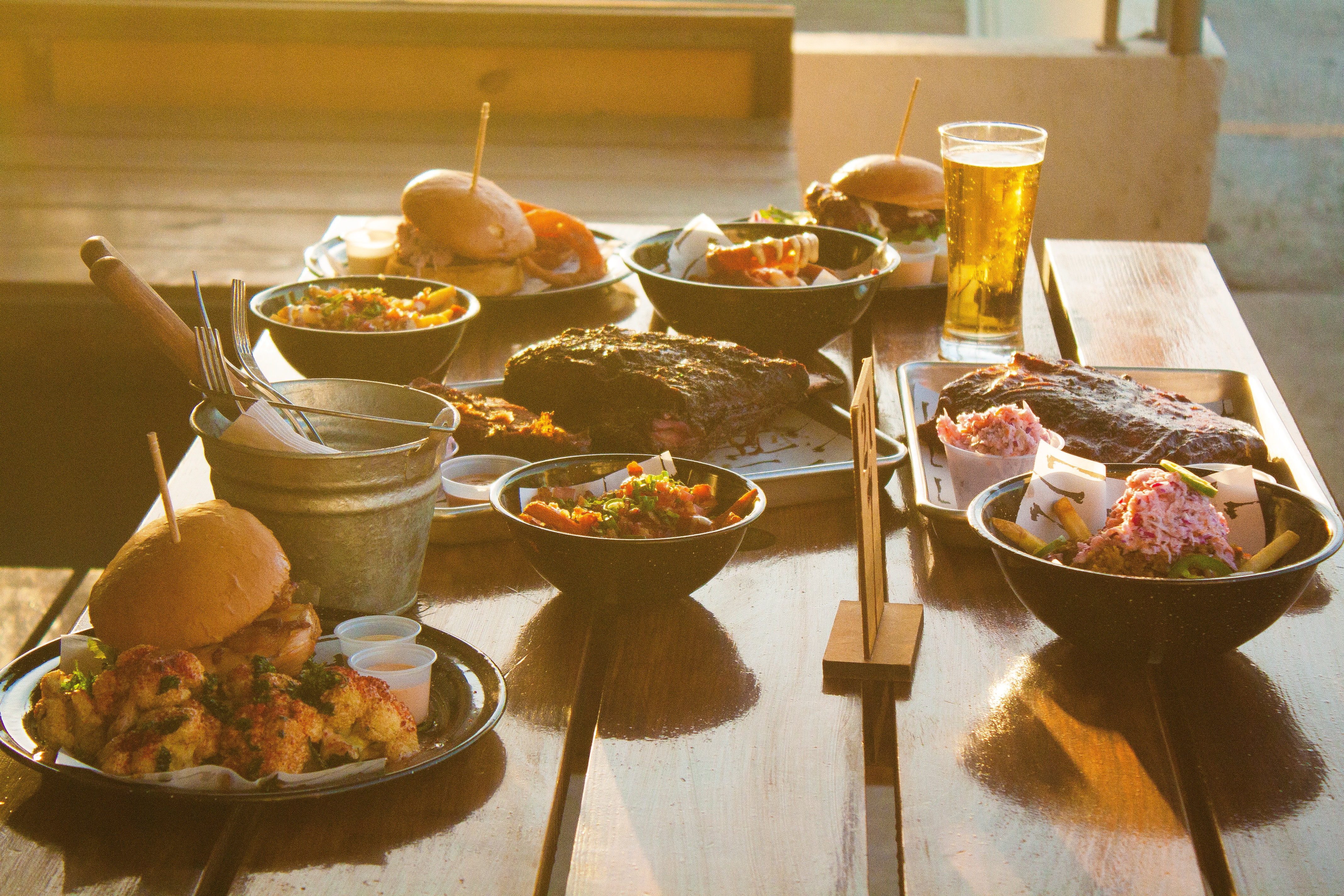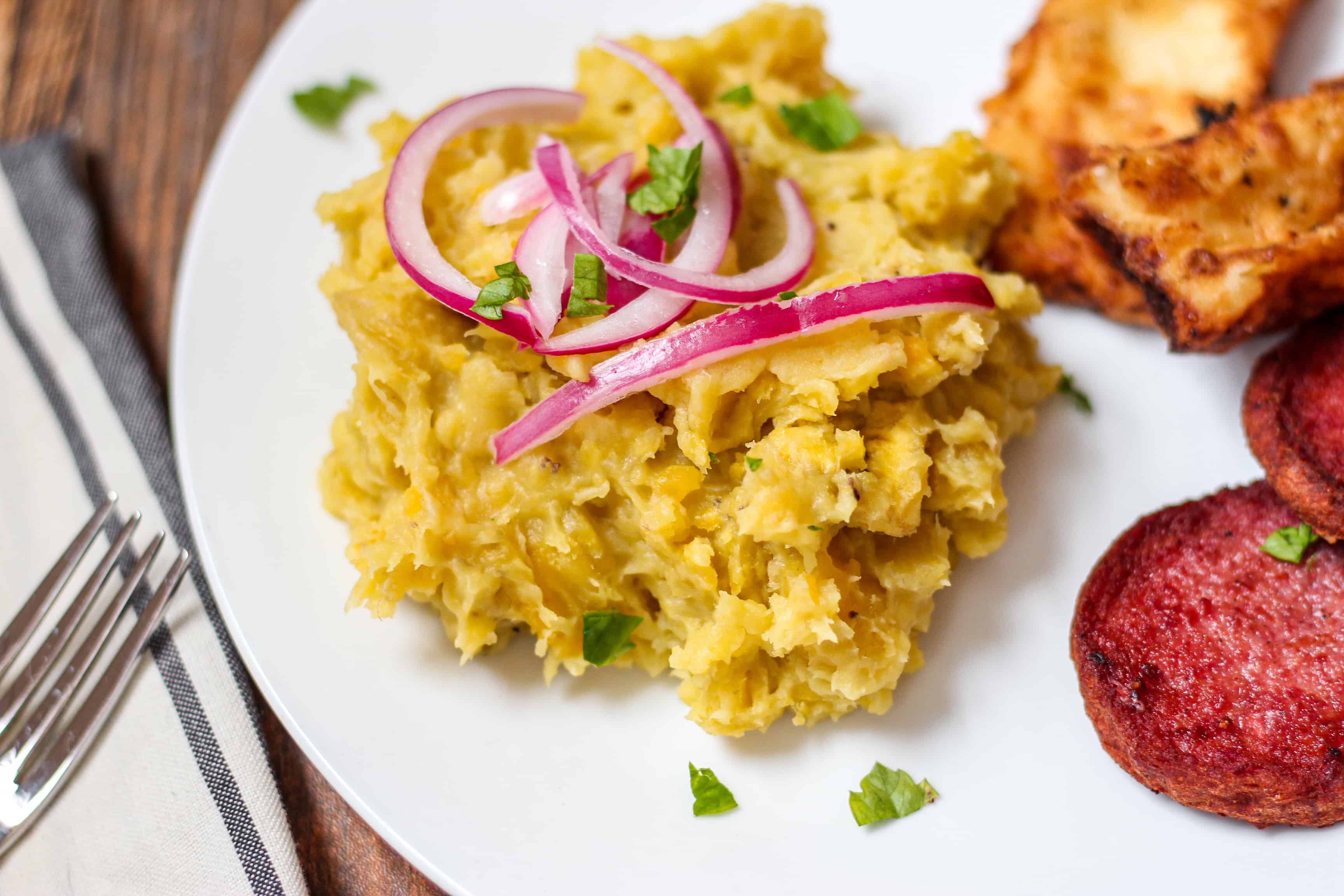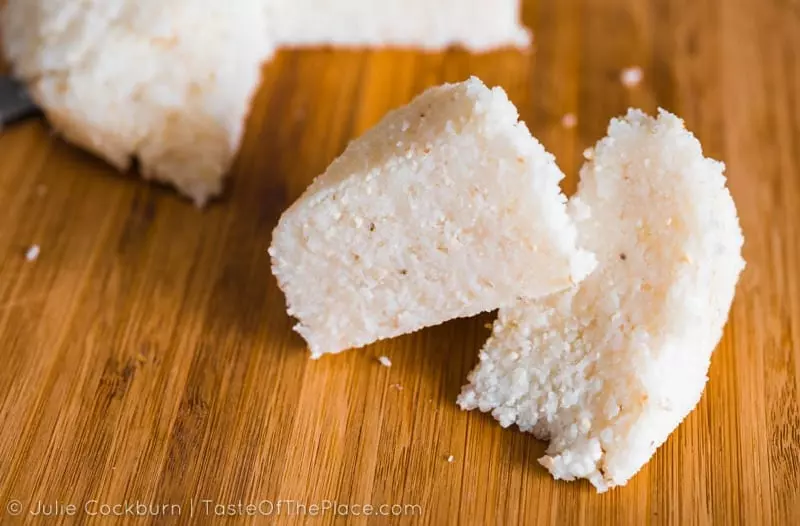Food and Culture

Whether you are traveling to the next city over or the next country over, the culture you interact with varies. In the United States, each state and even each city has its own culture. From country to country, these differences in culture are often even more extreme. This blog will explore the relationship between food and travel in the form of short posts focused on some of the countries I’ve been to. I will put special emphasis on the origins of certain dishes and how food is tied to our identity.
Culture includes everything from traditions, religions, customs, as well as cuisine. As a traveler, I have not always appreciated every aspect of a region’s culture. When I lived in Uganda, for example, I was not too fond of the food. But the older I got, and the more experienced I became, I realized that even though I may not personally like some of the food, I needed to develop an appreciation for it to respect the culture as a whole.
Food as identity
In the article Why food is such an important part of the travel experience | 6 tips for foodie travelers, you can see how food is tied to our identity. That one recipe that has always been in your family didn’t just magically appear in your mother’s cupboard one day. It was passed down from generation to generation, preserving your family’s culture and origins. In the same way our recipes are passed down to preserve our family’s culture, there are some dishes that tell the story of a nation or a group of people.
Food and their origins
As a foodie traveler, I want to dive into all the countries I’ve been to and dissect their cuisine. Where did it originate? How long has it been a part of the nation’s culture? Why is it still popular? Is it well-liked or just simply kept around for the sake of preserving culture? What do tourists and other foreigners think of their cuisine? These questions and more will be answered in the coming blog posts.


